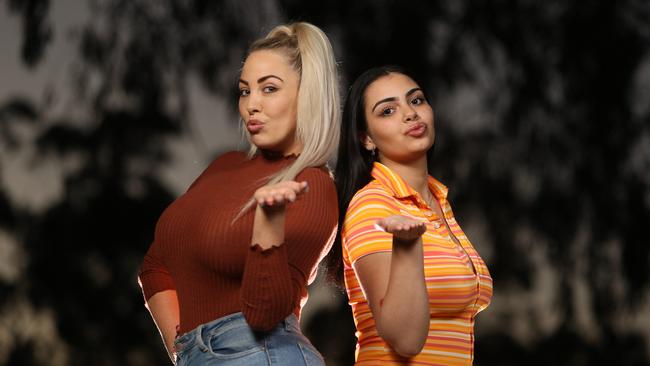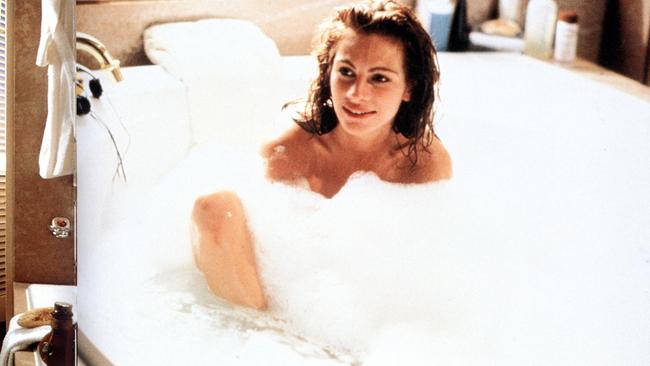Emily Olle: It’s the oldest profession for the new age, so why is OnlyFans not seen as real work?
It’s a tale as old as the profession itself – OnlyFans content sparks outrage. But perhaps we should rethink our criticism, writes Emily Olle.

Opinion
Don't miss out on the headlines from Opinion. Followed categories will be added to My News.
In 1990s cult hit Pretty Woman, Julia Roberts’ sex worker character Vivian Ward brushes off a compliment from her businessman paramour.
“The bad stuff is easier to believe. You ever notice that?” she asks.
While society’s perception of the decades-old film has changed, one thing hasn’t: those in the sex industry still face discrimination and prejudice for their work.
While the earliest known record of sex work dates back to 2400BC in ancient Babylonia, a new frontier of adults-only employment has exploded in recent years.
Launched in 2016, subscription service OnlyFans now hosts more than two million creators and 130 million users worldwide.
It’s not just those numbers that are staggering.
Some creators, such as Adelaide mum Evie Leana, are raking in $10,000 a month.


With many creators armed with only a smartphone, users pay a monthly fee for what is, essentially, personalised porn. They can also “tip” or direct message for content tailored just for them.
It’s the oldest profession in the world – for the new age.
I’ll let you in on a secret. OnlyFans content sells.
Click-through and engagement on posts about online workers is through the roof, but the response is often derogatory, dismissive and critical of the industry.
It’s a tale as old as the work itself – sex workers and porn stars are painted as debaucherous or second-class and the legitimacy of their work brought into question.
A 2016 study by the University of Sydney found that 76 per cent of Australian men and 41 per cent of Australian women had watched pornography in the past year.
But Australia’s porn industry lacks regulation, leaving it open to problems of consent, abuse and performers’ safety.

The same can be said for sex work, with workers effectively silenced so long as it remains criminalised under South Australian law.
As a platform, OnlyFans cuts out the middleman and puts autonomy, safety, content – and profits – back into the hands of the creators.
Rather than being indignant that sex workers – who are putting in hundreds of hours’ work and, contrary to popular rumours, are paying taxes on their earnings – are reclaiming their power, perhaps the rise of OnlyFans should encourage us to consider why an industry so maligned is, in fact, so profitable.
Maybe the outrage should be aimed at the fact SA is currently the only state or territory in which sex workers cannot protect their rights.
Or that, under current law, the act of soliciting prostitution attracts a maximum penalty of $750, but those found to be living on the earnings from prostitution can be fined up to $2500 or jailed for six months.
As Julia Roberts’ Vivian said: “I want the fairytale”.
But that fairytale isn’t Richard Gere. It’s respect and legitimacy, for all workers.





